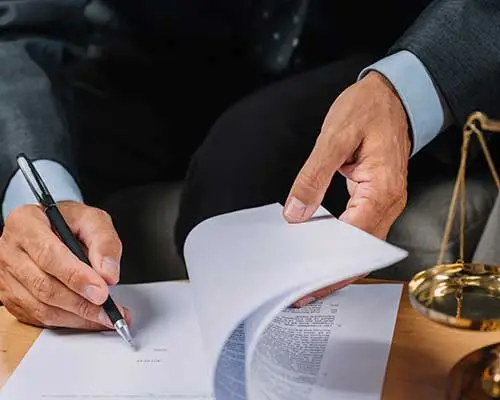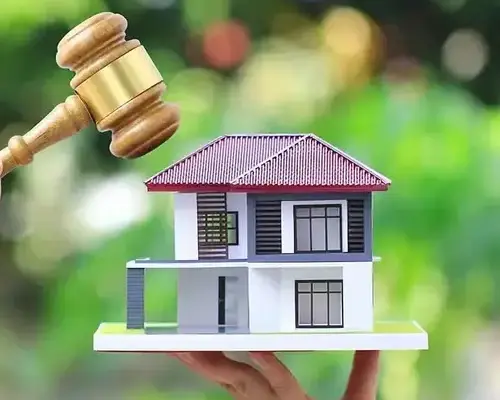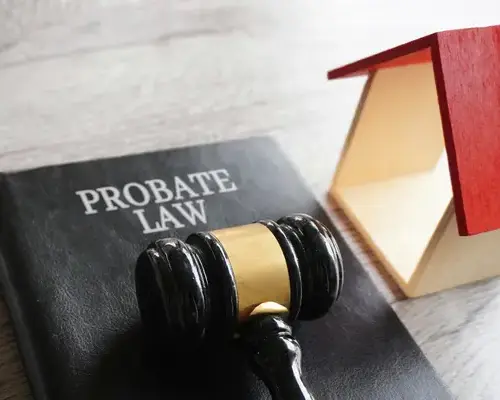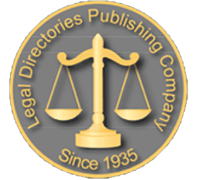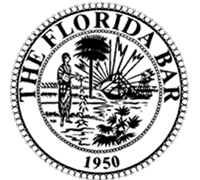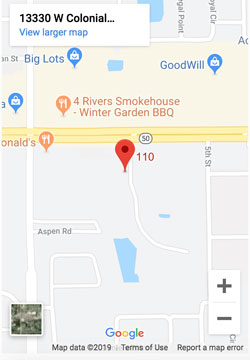
The Florida homestead exemption provides important protections for property owners from creditors, offers certain tax benefits, and also provides important inheritance benefits. While Florida offers homeowners some of the most generous homestead law benefits in the nation, qualifying for these benefits requires homeowners to meet very specific and strict criteria. How does a home qualify under Florida’s homestead law?
In order to qualify for homestead benefits, you must hold legal title to the home as of January 1st of the year that you are claiming benefits and the home must be used as your primary residence. You must be a resident of Florida which means that you reside in the state. If you own homes in other states, establishing residency in Florida could be complex. Having a real estate law firm like Legal Counsel, P.A. in Orlando, Florida can be helpful. Our real estate lawyers can review your situation and help you take the steps needed to establish residency so you can begin enjoying homestead law benefits.
In Florida, you can only claim homestead benefits for one home. If you want to seek the homestead exemption for tax purposes, you must apply for these benefits before March 1st of the year you are seeking benefits. Not sure if you qualify for Florida’s homestead benefits? Legal Counsel, P.A. is an Orlando, Florida real estate law firm that may be able to help you understand what protections you might have should your home face threats from creditors, or if you have questions about inheritance and taxes on your Florida home,
Florida’s Homestead Protections from Creditors
Do you have unpaid debts? In many states, if you have an unpaid debt and a creditor wins a judgement against you, you can be forced to sell your home and the proceeds used to pay your debts. However, in Florida, if the home is protected under Florida’s homestead law (namely, the home is your primary residence), your primary residence may be protected from creditors. In many states, there are limits to how much equity in the home is protected from creditors. However, in Florida, if the home is your primary residence, its full value is protected, whether it’s a mansion or a small bungalow. Furthermore, your homestead protections apply right away—from the day you move in to your home. Finally, if your spouse, children, siblings, nieces, or nephews inherit your home, they will also be protected from creditors under Florida’s homestead law.
However, not all types of debts are protected by the homestead exemption. For example, if you fall behind on your mortgage, the bank can still foreclose on your home. If you don’t pay your homeowner or condominium association fees, the association can put a lien on home, foreclose the lien and even force a sale of your home. Additionally, if you don’t pay contractors for work done to improve your property, contractor’s liens won’t be removed because of the homestead protections. Finally, if you fall behind on taxes, the State of Florida and the county in which the property is located can force a sale of your home to satisfy unpaid tax debt. So, before you think the homestead exemption will protect you from all claims, it is important to understand what claims are protected and which are not.
Facing debt collectors or a lawsuit? Worried about losing your home? Legal Counsel, P.A. is an Orlando, Florida real estate law firm that may be able to help you use Florida’s homestead laws to protect you.
Tax Exemptions for Real Estate Taxes in Florida Under the Homestead Law
If you qualify for Florida’s homestead exemptions, you can receive a tax exemption up to $25,000 for all taxes including school district taxes. An additional $25,000 is available for exemption, but it does not include an exemption from school district taxes. Each year the value of your property is assessed. Under the Save Our Homes program, the increase in the assessed value of your property cannot exceed 3% of the change of the consumer price index of the previous year.
Have questions about how Florida’s homestead laws will affect your tax bill? Buying a home and wonder what your real estate tax burden will be? It is important to remember that when you buy a home, the state might reassess the value of the property. Need help planning ahead? Legal Counsel, P.A. is an Orlando, Florida real estate law firm that can assist you with understanding your tax obligations, and helping you navigate Florida’s homestead exemption laws and requirements.
Disinheritance Laws for Florida Homestead Property
Florida’s homestead laws also include protections to prevent disinheritance. Basically, if you have a spouse and the deed has her name indicating he/she is your spouse, then the property will automatically pass on to your spouse if you pass away, unless you make special provisions otherwise. If you have minor children, it may also be possible to place the home in a trust that ensures that your minor child inherits the home when he or she comes of age. Have questions about how Florida’s homestead laws might impact your will and estate planning? Homestead laws and inheritance laws can be complex. Contact the real estate lawyers at Legal Counsel, P.A., today to learn about your rights and obligations under the law when it comes to estate planning. Have questions? We have answers. Contact Legal Counsel, P.A. today at 407-982-4321.
